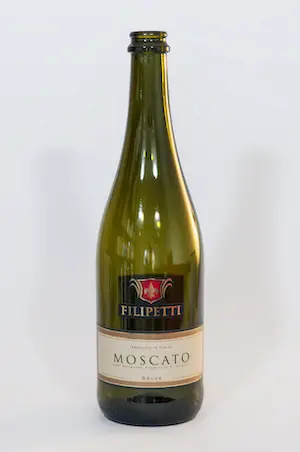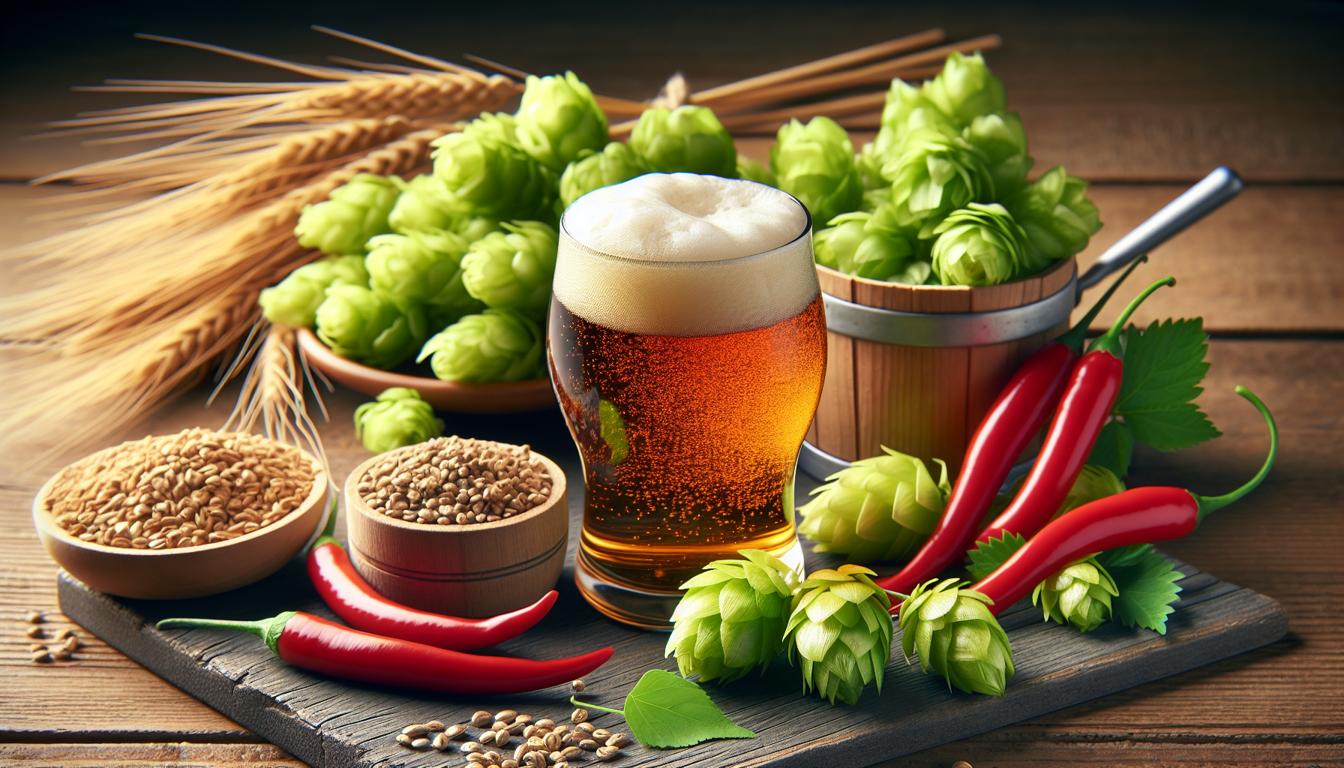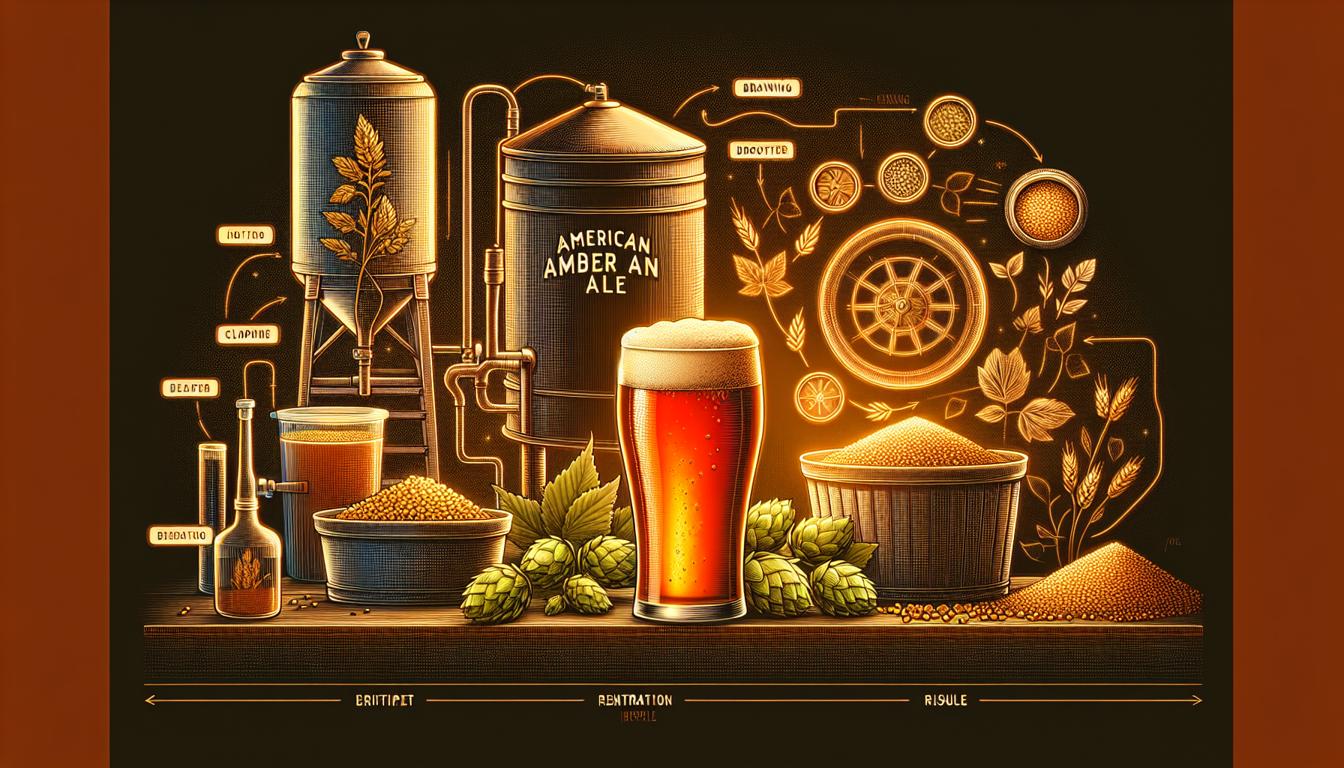If you’re a fan of Moscato, then you likely enjoy the sweet, fruity, and floral characteristics of this popular Italian wine.
However, there’s a whole world of wines out there with similar attributes that you might also enjoy. In this blog post, we’ll explore 10 wine alternatives to Moscato that share some of its best qualities:
1. Riesling
2. Gewürztraminer
3. Torrontés
4. Viognier
5. Sauternes
6. Brachetto d’Acqui
7. Lambrusco
8. Chenin Blanc
9. Prosecco
10. Grüner Veltliner
Let’s dive into each of these wines and see how they compare to Moscato.
What is Moscato wine at what makes it unique?
Moscato is a type of wine that is known for its sweet and fruity flavors. It is made from the Muscat grape, which is one of the oldest grape varieties in the world. Moscato wines can be white, red, or pink in color, although the white version is the most common.

What makes Moscato unique is its distinct flavor profile. It is typically light-bodied with a low alcohol content, ranging from about 5% to 7% ABV (alcohol by volume).
The wine is characterized by its sweet taste, often exhibiting notes of peach, apricot, orange blossom, and tropical fruits. It has a refreshing and aromatic quality, with a slight effervescence or “frizzante” style being common in many Moscato wines.
Another factor that sets Moscato apart is its versatility. It can be enjoyed on its own as a dessert wine, paired with fruit, or served with light, fresh dishes. The wine’s natural sweetness and fruity flavors make it a popular choice for those who prefer sweeter wines or are new to wine tasting.
It’s worth noting that Moscato wines can vary in sweetness levels. Some may be off-dry, meaning they have a touch of sweetness, while others can be intensely sweet. The labeling or the winery’s description can give you an idea of the wine’s sweetness level.
Overall, Moscato’s unique characteristics lie in its sweet, fruity flavors, light-bodied nature, low alcohol content, and versatility, making it a delightful choice for those seeking a sweeter wine experience.
1. Riesling
Riesling is a versatile white grape from Germany, known for producing wines with an aromatic and fruity profile.

It can range from dry to sweet, but the common thread is its high acidity and pronounced flavors of green apple, pear, and citrus. In its sweeter forms, Riesling can also exhibit notes of peach, apricot, and honey, making it a great alternative to Moscato.
Pros:
- Wide range of sweetness levels and styles
- High acidity keeps the wine refreshing and balanced
- Can age well, developing complex flavors over time
Cons:
- Some people may find the acidity too high for their taste
- Dry Rieslings might not satisfy those looking for a sweeter wine
2. Gewürztraminer
Gewürztraminer is a fragrant white grape from the Alsace region of France, known for its aromatic and spicy flavors.
This wine is often off-dry to sweet, with notes of lychee, rose, and ginger. Gewürztraminer’s rich and exotic profile makes it a fantastic alternative to Moscato for those who enjoy the fruitiness and floral notes of the Italian wine.
Pros:
- Unique and exotic flavor profile
- Can pair well with spicy foods
- Often produced in an off-dry to sweet style
Cons:
- Can be too intense and polarizing for some
- Lower acidity can make the wine feel heavier on the palate
3. Torrontés
Torrontés is an aromatic white grape from Argentina, known for its floral and fruity flavors. This wine is typically dry but exhibits an intense bouquet of white flowers, peach, and citrus. If you enjoy the floral aspects of Moscato, Torrontés is definitely worth trying.
Pros:
- Highly aromatic and flavorful
- Good acidity keeps the wine refreshing and balanced
- Pairs well with seafood and spicy dishes
Cons:
- Not as widely available as some other alternatives
- Typically produced in a dry style, which may not suit those looking for a sweet wine
4. Viognier
Viognier is a full-bodied white grape from the Rhône Valley in France, known for its intense floral and fruity flavors. This wine is typically dry but exhibits notes of apricot, peach, and honeysuckle.
Viognier’s lush and exotic profile makes it a great alternative to Moscato for those who enjoy the fruitiness and floral notes of the Italian wine.
Pros:
- Rich and flavorful profile
- Can pair well with richer and more complex dishes
- Typically found in a dry to off-dry style
Cons:
- Can be too intense and polarizing for some
- Lower acidity can make the wine feel heavier on the palate
5. Sauternes
Sauternes is a sweet dessert wine from Bordeaux, France, known for its complex and luscious flavors. This wine is made from grapes affected by noble rot, which concentrates the sugars and flavors, leading to notes of apricot, honey, and marmalade. If you enjoy the sweetness and fruity flavors of Moscato, Sauternes is definitely worth trying.
Pros:
- Complex and luscious flavor profile
- Can pair well with desserts or rich, savory dishes
- Can age well, developing even more complexity over time
Cons:
- Can be expensive, particularly for higher-quality examples
- Not as light and refreshing as some other alternatives
6. Brachetto d’Acqui
Brachetto d’Acqui is a light-bodied red wine from Piedmont, Italy, known for its sweet, fruity, and floral flavors. This wine is typically slightly sparkling, with notes of strawberry, raspberry, and rose. Brachetto d’Acqui’s light and refreshing profile makes it a great alternative to Moscato for those who enjoy the fruitiness and floral notes of the Italian wine.
Pros:
- Light and refreshing profile
- Can pair well with desserts or light appetizers
- Typically found in a sweet style
Cons:
- Not as widely available as some other alternatives
- Some people may prefer a white wine to a red
7. Lambrusco
Lambrusco is a lightly sparkling red wine from the Emilia-Romagna region of Italy, known for its fruity and refreshing flavors.

This wine can range from dry to sweet, but the common thread is its lively effervescence and flavors of red berries, cherry, and violet. If you enjoy the fruitiness and lightness of Moscato, Lambrusco is definitely worth trying.
Pros:
- Wide range of sweetness levels and styles
- Lively effervescence adds to the refreshing quality of the wine
- Pairs well with a variety of dishes, from charcuterie to pasta
Cons:
- Not as widely available as some other alternatives
- Some people may prefer a white wine to a red
8. Chenin Blanc
Chenin Blanc is a versatile white grape from the Loire Valley in France, known for producing wines with a wide range of flavors and sweetness levels. In its sweeter forms, Chenin Blanc can exhibit notes of quince, pear, and honey, making it a great alternative to Moscato.
Pros:
- Wide range of sweetness levels and styles
- Good acidity keeps the wine refreshing and balanced
- Can age well, developing complex flavors over time
Cons:
- Some people may find the acidity too high for their taste
- Dry Chenin Blancs might not satisfy those looking for a sweeter wine
9. Prosecco
Prosecco is a sparkling white wine from the Veneto region of Italy, known for its light, fruity, and refreshing flavors. This wine is typically made in an off-dry to sweet style, with notes of green apple, pear, and white flowers. If you enjoy the fruitiness and lightness of Moscato, Prosecco is definitely worth trying.
Pros:
- Light and refreshing profile
- Lively effervescence adds to the refreshing quality of the wine
- Pairs well with a variety of dishes, from appetizers to desserts
Cons:
- Not as complex as some other alternatives
- Some people may prefer a still wine to a sparkling one
10. Grüner Veltliner
Grüner Veltliner is a refreshing white grape from Austria, known for producing wines with a crisp and zesty profile. This wine is typically dry but exhibits flavors of green apple, citrus, and white pepper. If you enjoy the fruitiness of Moscato but are looking for something a bit more zesty, Grüner Veltliner is definitely worth trying.
Pros:
- Crisp and zesty flavor profile
- High acidity keeps the wine refreshing and balanced
- Pairs well with a variety of dishes, from seafood to salads
Cons:
- Not as fruity or floral as some other alternatives
- Typically produced in a dry style, which may not suit those looking for a sweet wine
Conclusion
In conclusion, there are plenty of fantastic wine alternatives to Moscato, each with their own unique characteristics. Whether you’re looking for something sparkling, red, or with a different flavor profile, there’s a wine out there that will satisfy your Moscato cravings.
As a personal recommendation, I would suggest trying a Riesling or Gewürztraminer for their versatility and distinct flavors. However, the best way to find your favorite is to explore and taste these different wines for yourself. Cheers!
FAQs
Is Moscato sweeter than Pinot Grigio?
Yes, Moscato is generally sweeter than Pinot Grigio. Moscato is known for its sweet and fruity flavors, often with notes of peach and apricot. On the other hand, Pinot Grigio is typically drier and crisper, with more subtle fruit flavors.
What wine is most similar to Moscato?
A wine that is most similar to Moscato in terms of its sweet, fruity, and aromatic profile is Riesling. Both wines are known for their floral aromas, vibrant acidity, and a range of fruit flavors. Riesling can offer similar sweetness levels, although it can also be found in dry styles.
Is Moscato sweeter than white wine?
Yes, Moscato is generally sweeter than most white wines. It is known for its sweet, fruity, and floral flavors, making it a popular choice among those who prefer sweeter wines.
Is Moscato considered cheap wine?
Moscato is often perceived as an affordable wine due to its wide availability and lower price point compared to some other varieties. However, it is important to note that the cost of wine can vary depending on factors such as brand, region, and quality. While there are inexpensive Moscato options, there are also higher-end versions that can be more expensive. Ultimately, whether Moscato is considered cheap or not is subjective and depends on individual preferences and budget.
What is the sweetest white wine?
The sweetest white wine is typically considered to be late harvest wines, particularly those made from grapes affected by noble rot, such as Sauternes from Bordeaux, or German Trockenbeerenauslese. These wines have a high sugar content and exhibit luscious, honeyed flavors.
Is Moscato the sweetest white wine?
Yes, Moscato is generally considered one of the sweetest white wines available. It is known for its fruity and floral flavors, often accompanied by a honey-like sweetness.




